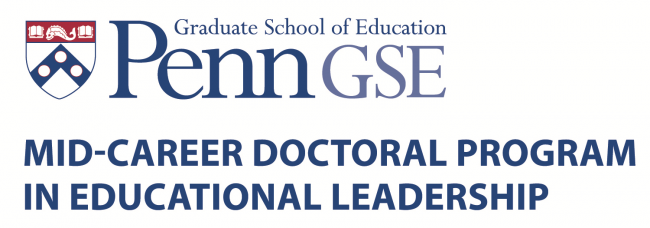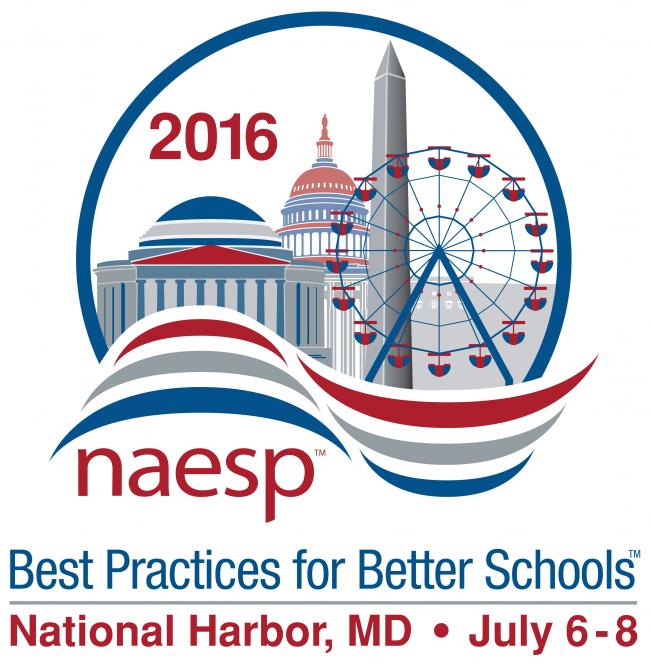Why Principals Should Embrace “Beta”
Principals can try out new concepts during NAESP’s summer conference, which will feature an Innovations Lab and Ed Camp.
By Joe Mazza
Communicator
June 2016, Volume 39, Issue 10
School leaders are tasked with skimming the crowded waters of devices, apps, and hashtags that are available not only for ourselves, but also for what can be useful to students, teachers, and parents. It truly can feel like drinking from the firehose at times, and our limited time has been spliced and re-spliced time and again. It’s up to us to keep the focus on student and staff learning, and to base decisions on our populations, new and old policies, and of course the evolution of digital media.
There’s a folder on my iPhone and Android desktops called “Beta.” It’s where I download new apps I learn about or that are that are recommended to me. I usually spend airplane rides clearing this folder. I’ll beta-test each of them for 5-10 minutes, and envision a scenario in which I’d encourage an education leader to stop what they are doing, cut into their time and resources, and make room for it or replace something else. Most of the time, the app is almost identical to another one, and simply duplicates what I’m already doing in a different way. If the reviews are not good, I won’t even download it.
Tools Worth Trying
One example of an app that has taken off in the education space beyond its intended purpose is Voxer. Created from a military use case, the medium was meant to be a walkie-talkie. In the University of Pennsylvania’s Graduate School of Education (PennGSE) were I serve as the leadership innovation manager, we’ve used Voxer as a cohort discussion forum, as well as a place to record backchannelEDU podcasts, share leadership situations, solicit (doctoral) student voice on program components, and archive events and new ideas.
I’m also starting to notice more and more uses for artificial intelligence (AI) in and across the educational landscape. What is AI? Think Siri, Amazon’s Alexa, self-driving cars, and other “bots” that are programmed to support us in some (potentially) useful way. It’s actually not a new thing, with its initial roots in 1956 related to a machine’s ability to perform intelligent behavior such as decision-making or recognize speech. According Bobbi Kurshan, PennGSE’s director of innovation, AI has a lot of potential to impact the educational space (read more in her Forbes article).
How Can “Bots” Enhance Ed Leadership?
Let’s start with the low-hanging fruit. Calendars can be a nightmare for school leaders to keep up with. When I served as a school principal, I typically had 15-18 appointments per day. The back and forth hassle of booking an appointment had become as stale as the phone chain. I recently began booking calendar appointments using a bot called X.ai. It has been pretty dependable, as I’ve used it with over 30 appointments now. As an educational leader working to support other educational leaders at the university and K-12 level, my job is to continue to be an active learner in the edspace, keep my ears to the ground on what is developing around the world and to find high and low tech ways to share these learning experiences.
Exploring bots and platforms like Voxer, Remind, Periscope, Twitter, Slack, Blab, and EdCamps is an example of the ongoing work we’re doing to innovate whenever possible at the UPenn GSE program. While these platforms have become mainstream over the past couple of years, students, alumni, and staff under the Innovations Lab umbrella at UPenn’s Mid-Career Doctoral Program in Educational Leadership (@MCDPEL) facilitate digital supports like @Eduvoxers, @PeriscopeEDU, @EdCampLdr, #slackEDU, #aiEDU. This work is a blend of laboratory beta-testing, exposure, awareness, course content integration, quantitative and qualitative analytics and great deal of reflection. We take this approach on the road to support edleaders in building their personal learning networks.
This summer, at NAESP’s Best Practices for Better Schools Annual Conference, we will once again facilitate innovative, organic, inquiry-based learning at the Innovations Lab. The Innovations Lab is the place for educators to develop their own learning networks, and keep up with the latest tools and platforms. It is vital for today’s leaders to have the opportunity for informal and relationship-based professional development as it works best for them. Our brains are all wired differently, and not everyone attending big conferences or organizational in-service days learns best through formal workshops, keynotes, and lectures. It’s time we create these spaces for ourselves, for our students, and our staffs.
Joe Mazza is the leadership innovation manager at the University of Pennsylvania’s Graduate School of Education.
 |  |
NAESP will kick off its annual conference on July 5 with its first EdCamp. The EdCamp format is participant driven, creating an atmosphere for discussion and innovation. Built on principles of connected and participatory learning, EdCamp strives to bring educators together to talk about the things that matter most to them in leading their schools.
—
Copyright © 2016. National Association of Elementary School Principals. No part of the articles in NAESP magazines, newsletters, or website may be reproduced in any medium without the permission of the National Association of Elementary School Principals. For more information, view NAESP’s reprint policy.

